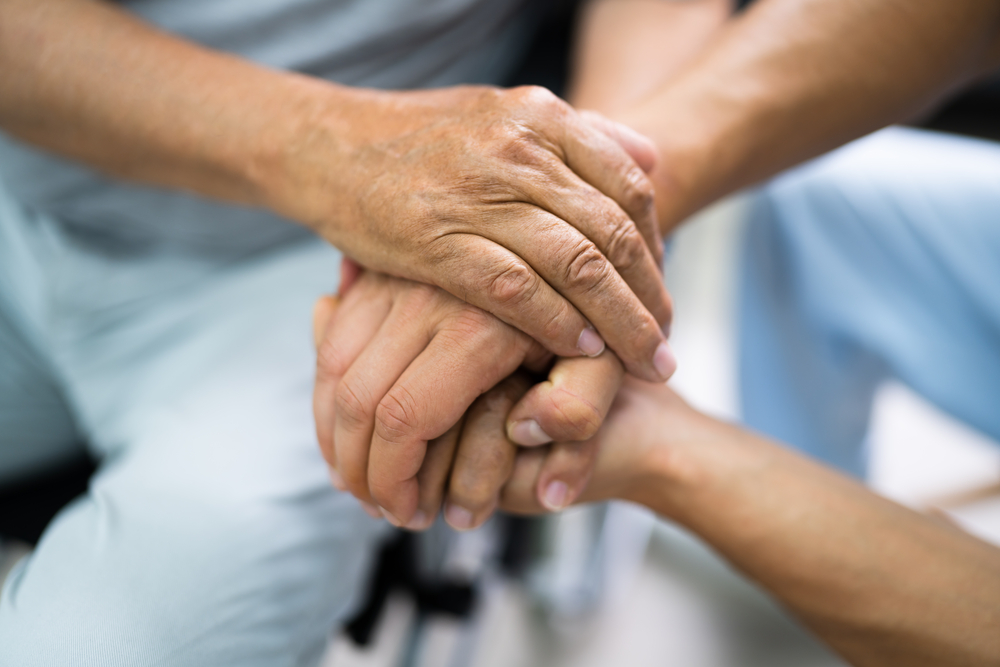Nursing Home Neglect Lawyer
Well-run nursing facilities that are adequately staffed and prioritize the safety and wellbeing of residents can be great places for older adults to live. Unfortunately, all too often, nursing homes and other long-term care facilities are environments in which abuse, exploitation, and neglect are frequent occurrences.
If you suspect that your loved one may be suffering from mistreatment at the hands of their caregivers, medical care providers, or even other residents, you shouldn’t immediately dismiss your concerns as a case of “imagining things.” Statistically speaking, it’s unreasonably likely that your loved one is suffering mistreatment and that they may need you to advocate on their behalf. Even if they are ordinarily capable of speaking up for themselves, residential abuse can leave older adults afraid of retaliation, being left with nowhere to go, and alienating their loved ones if they admit to being mistreated.
Staggering Statistics
According to the World Health Organization, a stunning one out of every six adults age 60 or older has been subjective to abusive mistreatment in community settings within the last year. Perhaps even more stunning is the reality that two out of every three staff members employed by residential facilities admitted to neglecting or abusing residents within the last year before making that admission, according to a 2017 study. These numbers spiked even higher during the Covid-19 pandemic and it is unclear whether they’ve stabilized (to a lower yet still unacceptable rate) again.
Spotting Abuse
As an experienced nursing home neglect lawyer – including those who practice at Therman Law Offices, LTD. – can confirm, it isn’t always easy to identify symptoms of abuse, neglect, or exploitation at a glance. Oftentimes, the same circumstances that can alert loved ones to an abusive situation may simply be evidence that something else is going on. For example, dehydration may be a sign of neglect or it could be a symptom of a memory condition that is advancing.
It is partially for this reason that it’s important to connect with an experienced attorney if you suspect that your loved one is being abused but you can neither verify nor dismiss your suspicions with any real confidence. Lawyers who regularly handle elder abuse cases understand how to uncover the truth discreetly and how to address any abuse that may be occurring effectively.
Next Steps
If you haven’t yet detected any signs of abuse, keep a sharp lookout on behalf of your loved one and speak with an attorney if any concerns arise. If you’re already concerned, schedule a risk-free consultation with a lawyer who handles nursing home abuse cases. It bears repeating that you shouldn’t simply dismiss your concerns if your gut is telling you that something is wrong… even if your loved one insists that they’re fine. Statistically, your loved one is at high-risk for mistreatment and your advocacy may make all the difference to their future wellbeing.

